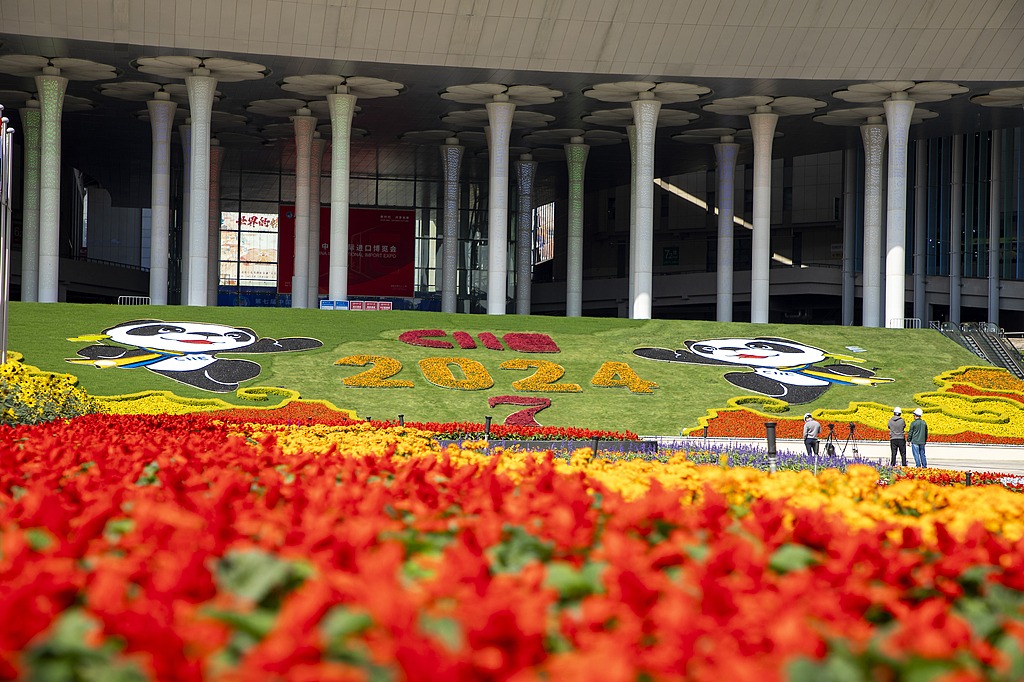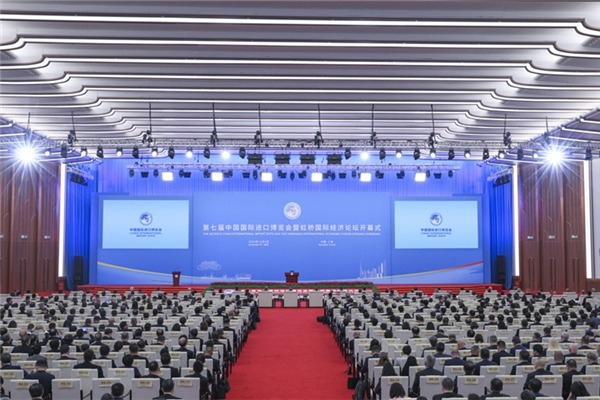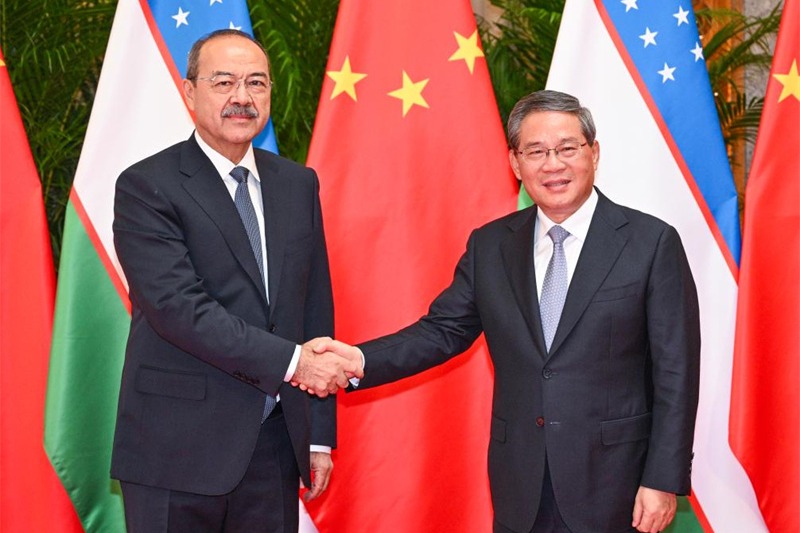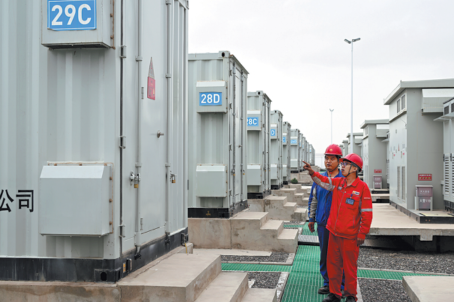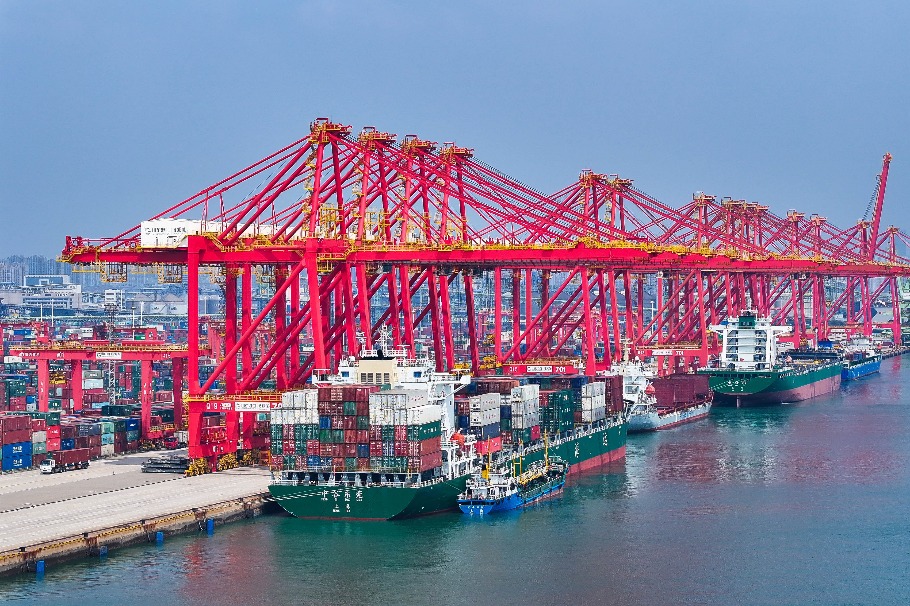China market supports expanding retail tourism sector


As the preference of consumers shifts from pure shopping to experience-related consumption, retail tourism is embracing more opportunities, a latest report said.
"Shopping is one of the six key elements in tourism. Along with their growing consumption power, consumers are more willing to integrate travel experience and emotional connections with their purchases, which presents more personalized and diversified shopping demand for the sector to tap into," said Dai Bin, president of the China Tourism Academy citing the China Retail Tourism Development Report published on Oct 31 in Shanghai.
Nearly 95 percent of respondents went shopping during their travels, and among them, more than one-third said they shopped more on trips than usual. Over 70 percent of tourists took shopping into account when making travel decisions, and more than half of the tourists spent 20 percent or more of their travel budget on shopping, with over 10 percent spending more than 30 percent of their budget on shopping, according to the nation's first report on retail tourism.
The majority of respondents, which made up 52 percent, spent between 2,000 yuan ($282) and 5,000 yuan, while respondents with higher education and income are more inclined to shop while traveling. Outbound tourists demonstrate a greater willingness to shop and spend more compared to domestic tourists, with a higher proportion of outbound tourists allocating 20 percent or more of their budget for shopping, the report said.
As a case study in the report, London-based luxury outlet shopping village operator Value Retail benefited from the trend and saw huge potential in its further development in China, said Mark Israel, co-chairman of Value Retail China during an exclusive interview with China Daily.
"The China market is fundamental to the Bicester Collection. The two villages (in China) alone contribute a meaningful percentage, and at the same time, outbound Chinese travelers are still the number one group visiting our villages all over the world," Israel said.
Since entering the China market in 2014, Value Retail has operated luxury outlet shopping villages, Bicester village Shanghai and Bicester village Suzhou, in China.
"We're still growing. We're seeing the growth accelerate as we move into the fourth quarter. We're expecting double-digit growth in the fourth quarter this year," he said, adding that the company saw their business in China grow at an average annual growth of more than 30 percent in the past decade.
"As we move into next year and beyond, we expect to be back in excess of 20 percent annual growth and double the business in the next three to four years," Israel added.
According to him, China has experienced a remarkable transformation in its retail tourism sector driven by rising disposable incomes, a growing middle-income group, and a shift in consumer preferences toward experiential shopping in recent years.
"Retail tourism has become a vital force in propelling economic growth across the country, accelerating job creation and fueling infrastructure expansion. As one of the world's largest consumer markets, China presents immense opportunities for this sector."
Value Retail operates 12 villages in the UK, EU, China and North America for the moment.





















